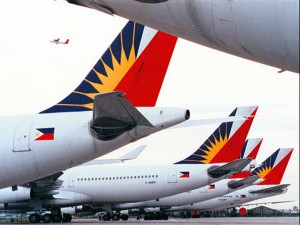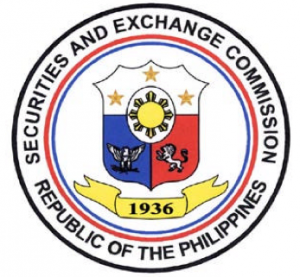
Philippine Airlines is dropping its flights to Las Vegas starting December and instead introduce flights to Toronto, Canada’s largest city, PAL president Ramon S. Ang said Wednesday, Oct. 10, 2012.
MANILA, Philippines—Flag carrier Philippine Airlines (PAL) is dropping its flights to the so-called “sin city” of Las Vegas in the United States starting December as the company continues to realign operations to eliminate unprofitable routes.
To replace Las Vegas, PAL said it would introduce flights to Toronto, Canada’s largest City. Toronto will be the destination in North America’s east coast in the PAL’s international network.
PAL president Ramon S. Ang said the company would fly three to four flights a week to Toronto. The Toronto service will use entitlements previously allotted to the airline’s once-a-day Manila-Vancouver service.
PAL’s Manila-Las Vegas service is flown via Vancouver in Canada’s British Columbia province.
“PAL will code share with other airlines to Las Vegas,” Ang told the Philippine Daily Inquirer Wednesday. The decision to abandon the Las Vegas route was a result of poor average load factors.
The code-sharing agreement means PAL will still be selling flights to Las Vegas, but passengers will be on other airlines.
Apart from the realignment of its Canadian routes, PAL also wants to aggressively expand in the Middle East, Europe and Australia.
Last month, Ang said the company had been working to have flights to eight destinations in the Middle East by the third quarter of 2013.
The company’s expansion will be supported by the acquisition of up to 100 brand-new aircraft. PAL already has an order for 64 narrow and wide-body aircraft from European manufacturer Airbus.
The new planes have an estimated cost of $10 billion, but PAL will likely be given a significant discount given the size of the deal. Ang has said the airline would also order at least 36 more planes, either from Airbus or its American rival Boeing Co.
However, PAL will not be able to use the new planes for flights to the United States and other North American points in the absence of an upgrade for the Philippines to “category 1” status with the Federal Aviation Administration (FAA).
The country’s current “category 2” grade prevents local airlines from expanding operations in the US.


